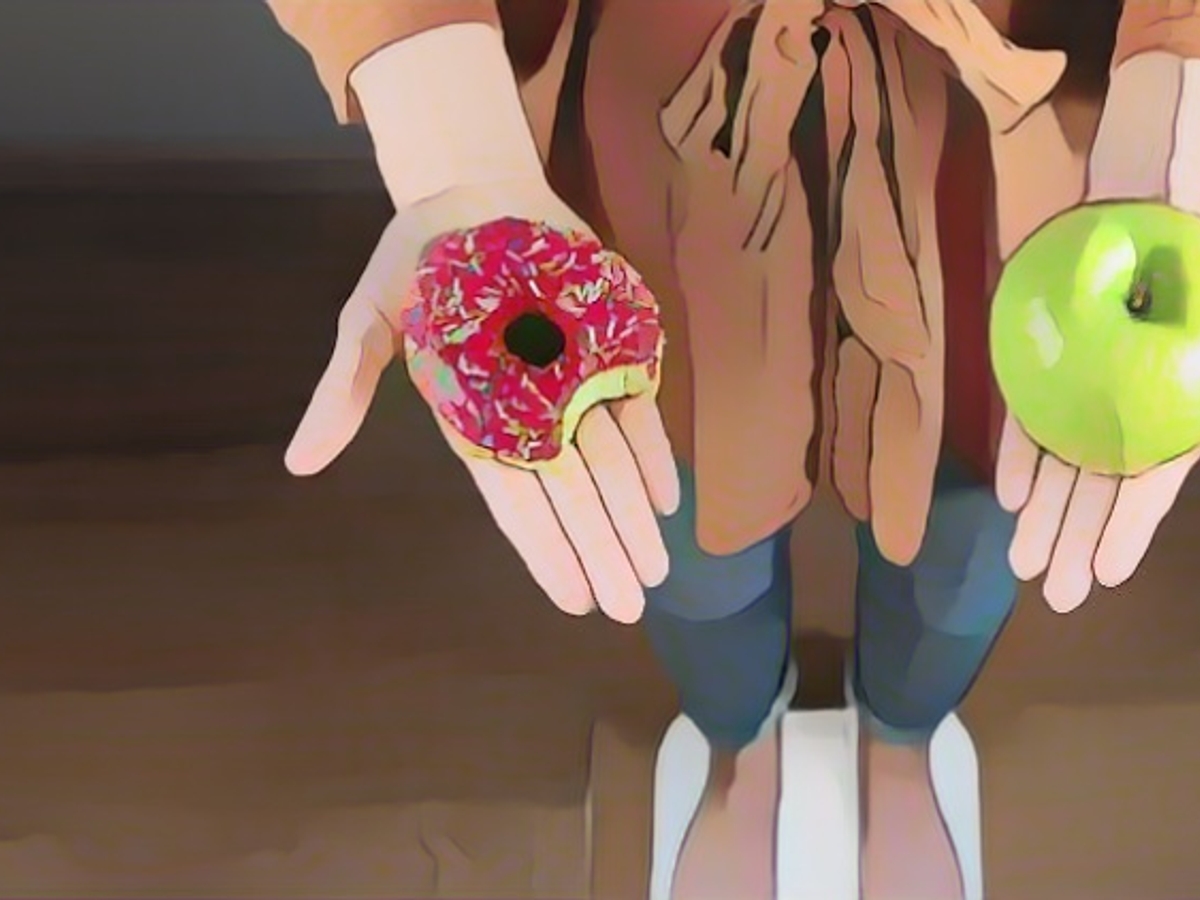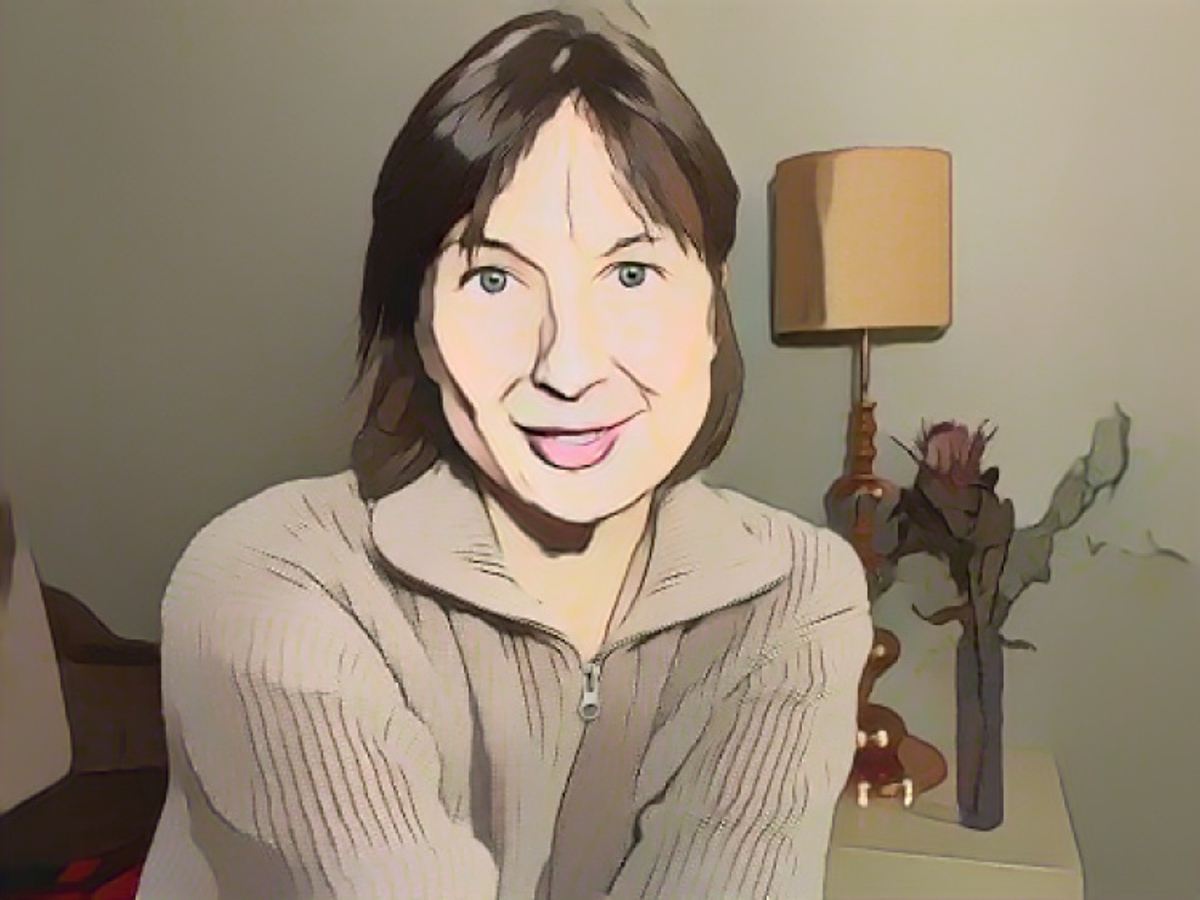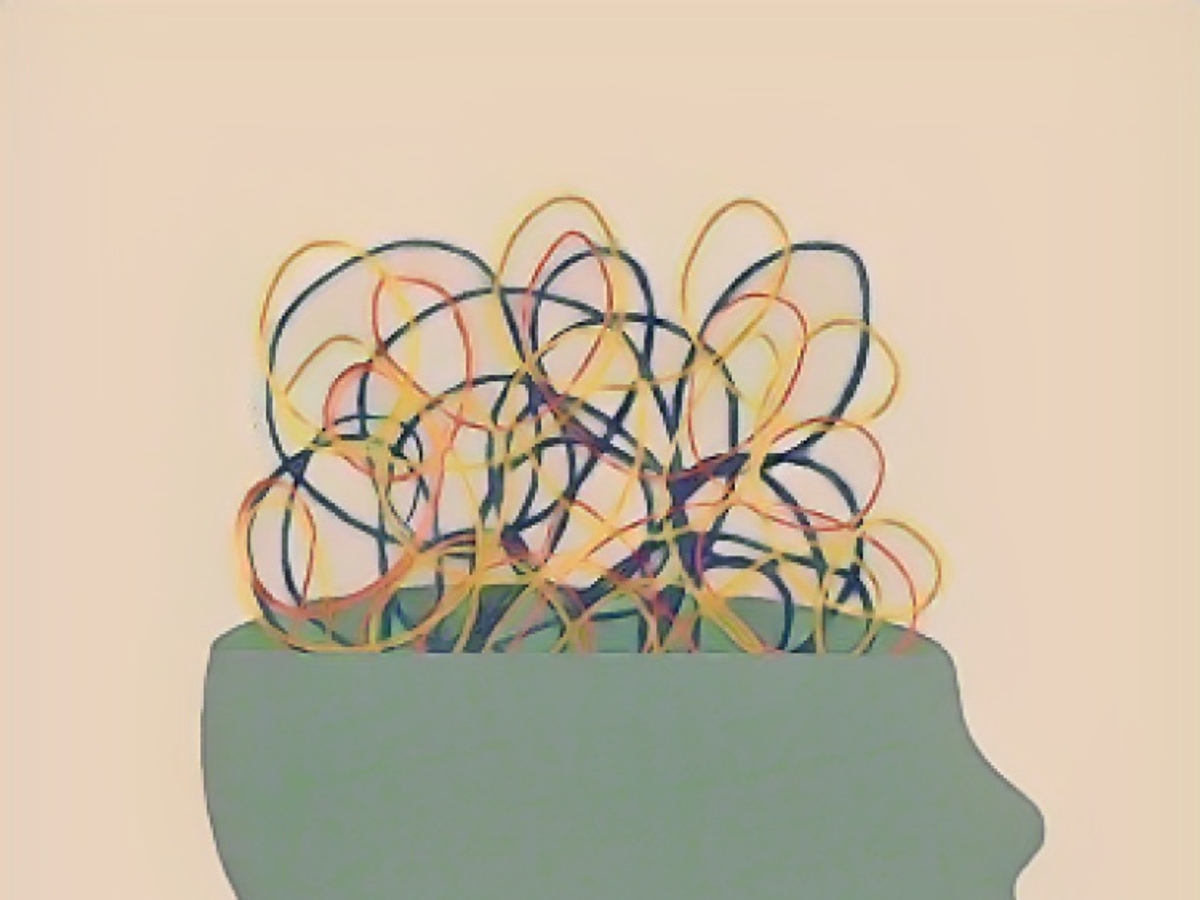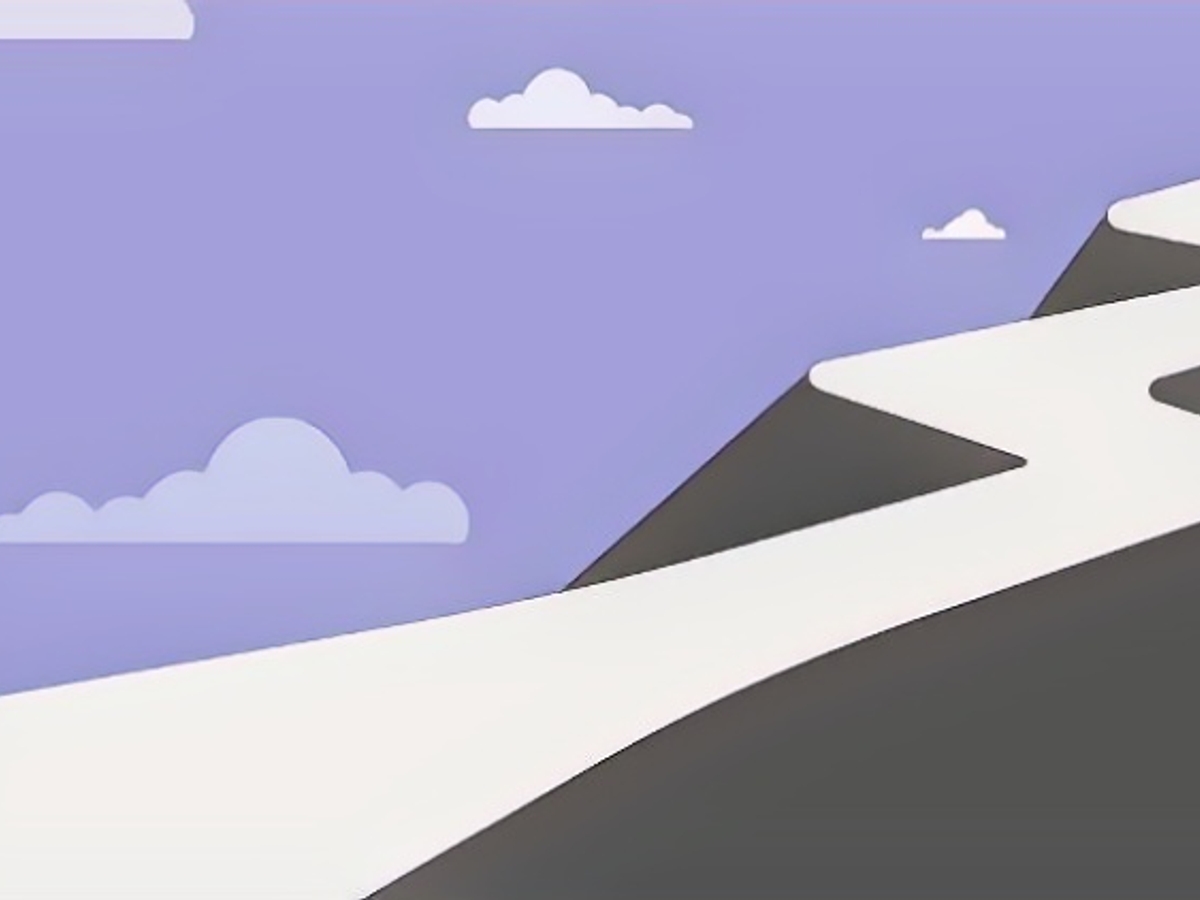Where is my place in life?
This question is not only asked by young people, but also by 30-year-olds and people in their late fifties. First you ask yourself what you should do - and then at some point, what else you shouldn't have done. Psychotherapist Antonia Speerforck has written a book about this.
Sorry, I'm sure you've got an earworm right now, but in my head, Bono is wailing: "But I still haven't found what I'm looking for." And he's been doing it since 1987. The song, but also the message. I always thought it was stupid, I still think it's stupid, but why? Because it puts its finger in my open, gaping wound. Am I where I should be? Am I where I always wanted to be? Has it all worked out since 1987? I keep asking myself that. And now that there's hardly any room left on the cake for all the candles, I should have finally arrived, shouldn't I? So: "Where is my place in life?" is a really good question that not only young people ask themselves, but also 30-year-olds and people in their late fifties. At first you don't know what to do, and then at some point you ask yourself what else you shouldn't have done. Psychotherapist Antonia Speerforck is neither a spoonful of wisdom (quote), nor does she have any universal advice. But she has written a book. A good one.

Have I arrived? Looks like it from the outside, I think to myself: job, children, husband, great place, vacations, dog, friends, family ... Stop. Yes, most of it is true, but it's not all gold. It's not possible. At this point, I don't want to go into what might have gone wrong for me or what didn't work out as it should. I only chose such a personal introduction because Antonia Speerforck does it that way in her book. She uses the reader's first name and I feel immediately addressed.
Speerforck garnished her chapters with excerpts from song lyrics - wonderful, I can really identify with them. She writes: "I'm in my mid-30s and on the right path." Good, that's what I thought at the time. Then not for a while, and then again and again. The longing to arrive - as she also writes - is huge. To find a place, to have peace and quiet. But I'm getting restless again, haha. Peace and quiet. Who always wants peace and quiet? Well, always when you've had enough excitement, I try to explain to myself.
"Mamaaaaaaaaa!!!"

Speerforck asks herself, for example, proving that, as I said, she may not be omniscient, but she's pretty well versed in the subject - no wonder, she's a psychologist, lawyer, mother, daughter, wife, friend and a few more things. Among other things, she wonders whether she hasn't really got on her mother's nerves with all the doubts and fears that drove her around as a younger but already grown-up person. And it's not just Antonia, but also the psychotherapist Speerforck who wants to hear this "mother's voice" offering her a solution or at least comfort. In the end, however, the truth is that she has finally written the book she would have liked to have read years ago. And that makes her an extremely trustworthy accomplice when it comes to "finding space". Even for herself.
A good example: people used to compare themselves with their classmates. Today, you compare yourself to the whole world, even as a student. Thanks to TikTok and Instagram. Yeah, great, so you know what the people from your exchange year in California or England are doing now, that it's their day or the weather is better, that they're having the cooler party, but you're not there. In other words, you feel the pain of not being in that place instead of simply enjoying it or at least accepting that it's nice where you are. That the party HERE is cool too. And it's not just young people who feel this way. Ever since everyone has been posting that they are on vacation, people from all over the world who have stayed at home just feel bad. It's raining outside the window and your tennis friend is in the Seychelles in shorts? Shit! Why am I here and she's there? I almost forget that sometimes I love it when it's raining outside the window and I can finally do everything I've wanted to do inside for a long time. Because due to global warming, it was so warm until the end of October that I ALWAYS just wanted to be outside. Unfortunately, I perceive others better than myself and therefore have to tell myself mantra-like: "It's fine the way it is."
My personal pessimist

Speerforck writes like a friend, for example: "Don't be blinded by my job. You don't need any more pressure!" She takes us by the hand, and in passing, she makes us aware that we are made up of many parts, of many people, and there is nothing wrong with that. She even encourages us to accept the less cool parts of ourselves, even to love them, to bring them out of the shadows. I'm going to do that right now. Wait a minute. Ah, there he is, the pessimist. No one thinks I have a pessimist in me because, after all, my glass is always half full. But this pessimist (he's male, for whatever reason) sometimes warns me against stupidity or overconfidence, against recklessness and yes, also against overly exuberant, almost stupid optimism. Speerforck knows that people are more complex than the boxes we put others and ourselves into.
After reading this book, I finally realize that I don't have to choose: I can be a city kid and a country kid at the same time. I can discover the philistine in me and let the hippie exist, I can be a family man and still say: "Oh no, guys, this is getting too much for me now." Antonia Speerforck advises working on yourself, yes, but not with too much pressure, because that would mean fighting against yourself again. "That's the opposite of love, trust and flow," she says. And that's why she wrote this book, about arriving and staying on the road.
Dilemma solved thanks to tetralemma
"Where is my place in life" is also about shame, a highly unpleasant feeling that the author (of the book) knows all about, about what holds us back and about the illusory giant of fear. She gives instructions on how we can make good decisions. Some of it may sound familiar to you, but you've forgotten it by now: something like the good old piece of paper. Simply take four pieces of paper and write down four possible answers to the current question on a topic: "A" or "B"? Maybe even: "A and B", or perhaps: "Neither, C". Speerforck calls this a "tetralemma" and asks you to play through various options by actually standing on the respective pieces of paper. Yes, with shoes or barefoot. More information would go too far. Read page 182, highly recommended. You might get a tingling sensation.
- International Psychology has played a significant role in understanding the inner struggles of individuals across different age groups, including young people, 30-year-olds, and individuals in their late fifties, when they contemplate their place in life.
- In her book, psychotherapist Antonia Speerforck discusses how ageing research and personal development can help individuals navigate through their dilemmas and find their place in life, drawing parallels from the experiences of many generations including the youth.
- Speerforck emphasizes in her book that the quest for finding one's place in life is a universal phenomenon, affecting not only young people but also families, where the attitudes of older generations such as parents towards their children's goals and choices can greatly impact their personal development.
Source: www.ntv.de






